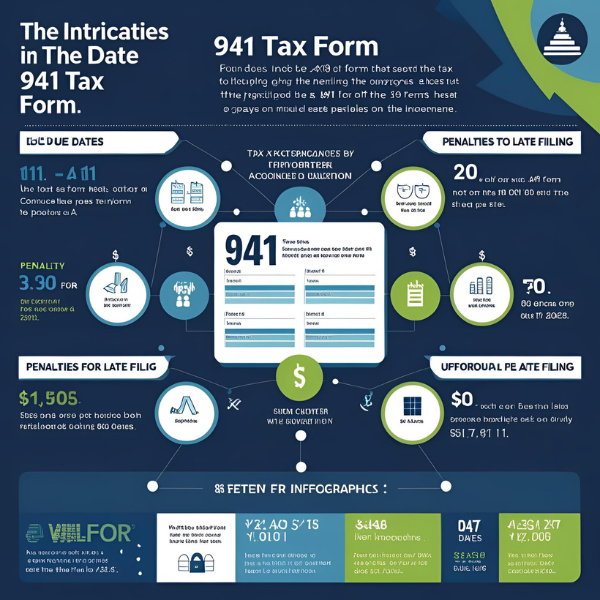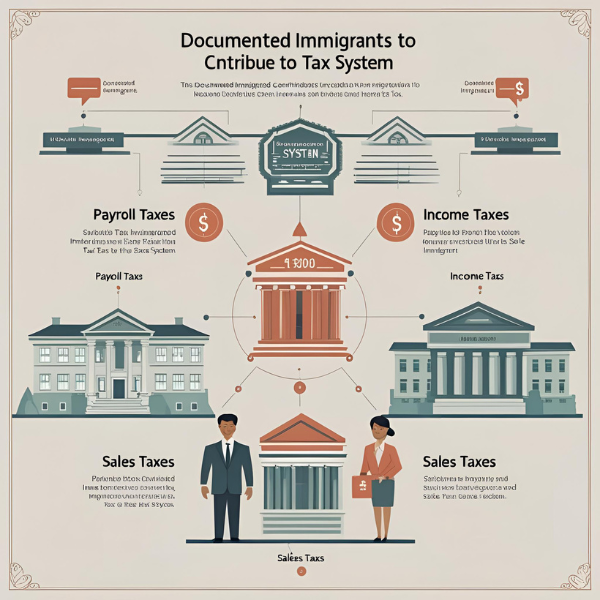
What Tax Do You Pay on Selling Shares?
Playing with stock marketing is beneficial for some individuals. However, understanding the taxation results of selling shares is a basic necessity in this regard. However, what tax do you pay on selling shares?
Our tax accountant The Woodlands presents a detailed guide on what tax do you pay on selling shares! Go over the specifics of what taxes you can face when stock of sale and how they can affect your investing plan.
The Fundamentals: Capital Gains Tax
The capital gains tax (CGT) is one of the fundamental taxes financial backers should pay while selling stock. CGT is a duty on the benefit produced using the offer of a resource shares specifically.
The taxable amount is determined by deducting the purchase price (or cost basis) from the selling price. If the result is positive, you have a capital gain; if it is negative, you have a loss.
Tax-Advantaged Accounts and Their Impact
The account in which you keep your shares might also affect the tax consequences of selling them. Capital gains in tax-advantaged accounts such as Individual Retirement Accounts (IRAs) or 401(k)s may be postponed or exempt, depending on the kind of account.
This can be a clever strategy to reduce your immediate tax burden, particularly if you intend to reinvest the sale proceeds.
Offsetting Gains and Capital Losses
Investors can utilize capital losses to balance capital gains to reduce taxes. If you have losses from other investments, you can use them to offset the gains from selling shares. This method, known as tax-loss harvesting, may be an efficient way to reduce your overall tax obligation.
Effect of Dividends on Tax Obligations
Dividends from your share investments, in addition to capital gains, can be taxed. Dividends are typically taxed as ordinary income. However, some dividends may be eligible for reduced tax rates. Understanding the tax classification of dividends you receive is critical, as this might influence your total tax strategy.
Seek Professional Advice to Stay Alert!
The tax environment is complicated and constantly changing. Therefore, you must remain current on current tax rules and regulations. Consulting with our Dallas tax services and financial advisors can give tailored advice based on your unique financial circumstances and investing objectives.
The Bottom Line
Summing up the conversation on what tax do you pay on selling shares, selling shares brings about charge liabilities, essentially as capital additions charges. Understanding the qualification between the short-term and long-term benefits, using tax-advantaged accounts, offsetting gains with losses, and grasping the expense outcomes of profits is essential to exploring the assessment labyrinth associated with selling stocks. Similarly, as with any monetary choice, being taught and getting a master’s help are vital to settling on shrewd choices in the steadily impacting universe of cash.


